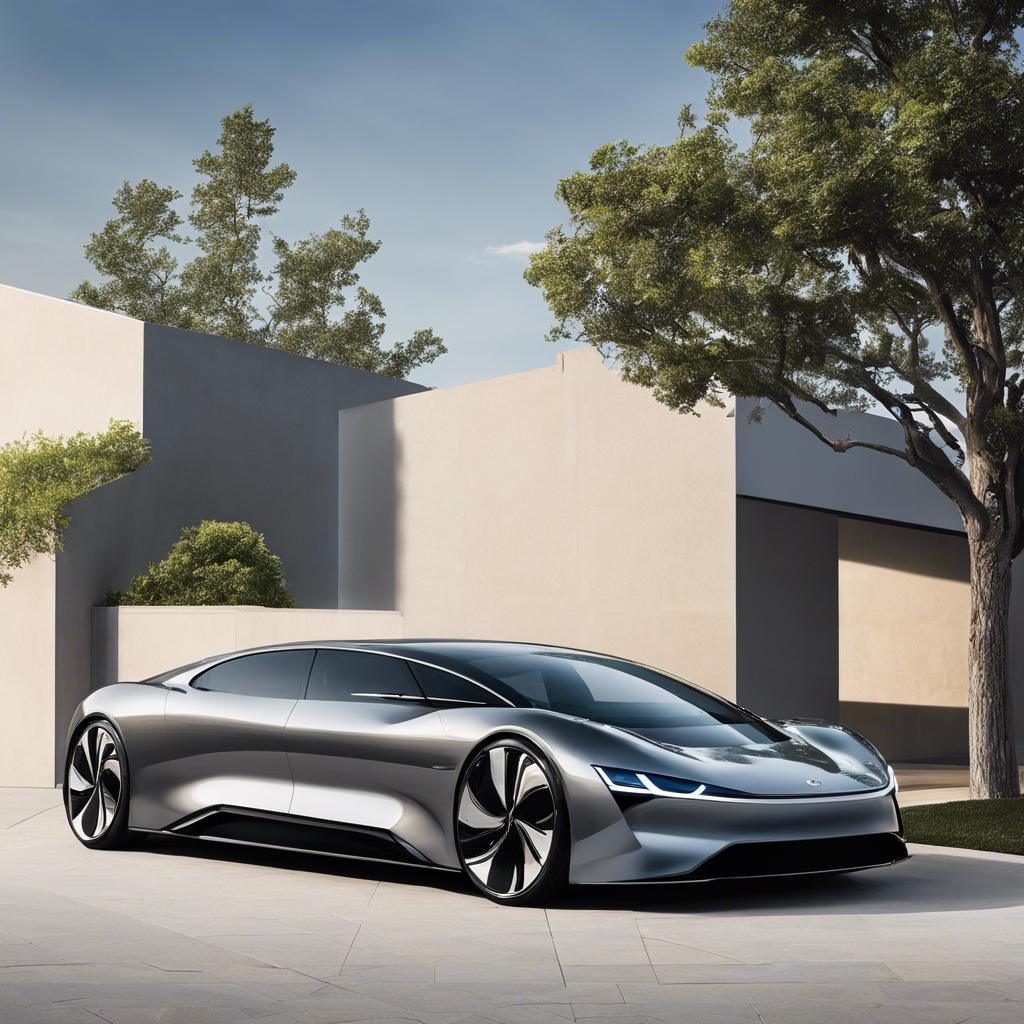The year 2024 marks an exciting time for the automotive industry, with electric vehicles (EVs) taking center stage as a viable and increasingly popular alternative to traditional gasoline-powered cars. As we move into the future, let’s explore the advantages and disadvantages of embracing this innovative technology.
**Environmental Benefits:** One of the most celebrated pros of electric vehicles is their positive impact on the environment. EVs produce zero tailpipe emissions, significantly reducing air pollution and greenhouse gases. This shift towards electrification is a crucial step in combating climate change and creating a more sustainable future. Governments and environmental advocates worldwide are promoting EVs as a key solution to reducing our carbon footprint.
**Performance and Technology:** Electric cars offer a unique driving experience with instant torque, resulting in smooth acceleration and impressive overall performance. The technological advancements in electric powertrains and batteries have led to improved range and faster charging times. Many EV models now provide comparable, if not superior, driving ranges to their gasoline counterparts, addressing the range anxiety associated with early electric vehicles.
**Cost Considerations:** While the upfront cost of purchasing an EV can be higher, it’s important to consider the long-term savings. Electric vehicles have fewer moving parts, resulting in reduced maintenance expenses. Additionally, electricity is generally cheaper than gasoline, leading to substantial savings over the vehicle’s lifetime. Many countries offer tax incentives and rebates to encourage EV adoption, making them more affordable for consumers.
**Charging Infrastructure:** The development of a robust charging network is essential for the widespread adoption of electric vehicles. Although the charging infrastructure is rapidly expanding, it may still be a concern for potential EV owners, especially those living in areas with limited access to charging stations. However, many governments and companies are investing heavily in expanding this network, making charging more convenient and accessible.
In conclusion, electric vehicles present a compelling case for the future of transportation. With environmental benefits, improved performance, and potential cost savings, EVs are becoming a practical choice for many consumers. While challenges such as charging infrastructure and initial costs remain, the rapid advancements in technology and supportive policies suggest that these drawbacks are being addressed effectively. The year 2024 could be a pivotal moment in the widespread acceptance and adoption of electric vehicles.
